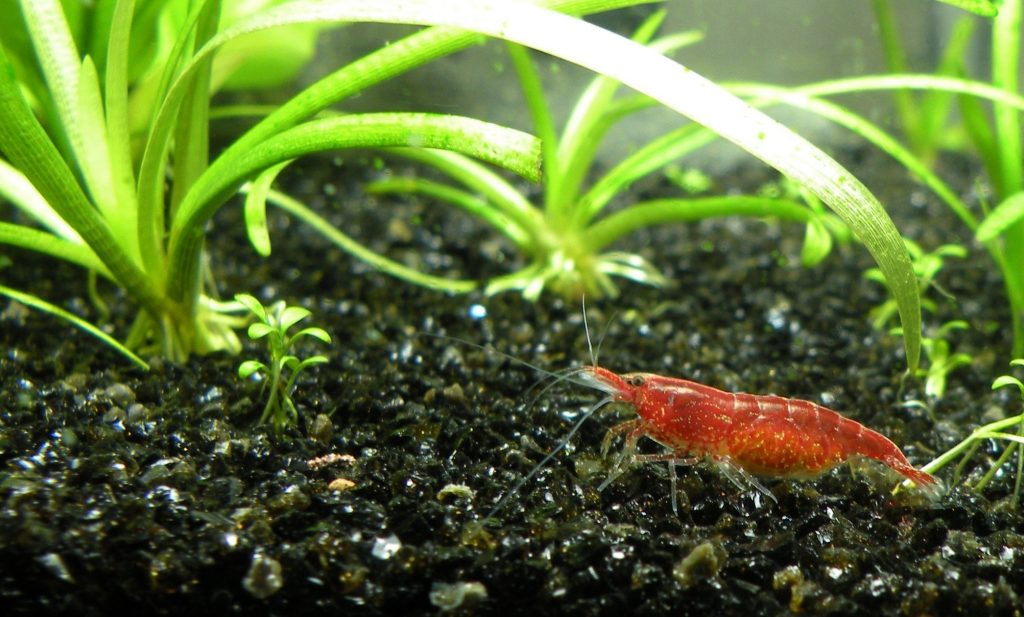Improving hatchery biosecurity for a sustainable shrimp industry in Bangladesh

Funders: Biotechnology and Biological Studies Council (BBSRC)
In Bangladesh, the shrimp industry provides food security, income and employment for an estimated 15 million people (11% of the population) and is the country's second biggest export product, accounting for 3.61% of its GDP. Growth of the industry is largely through intensification of farming methods, but this is not being managed in a sustainable way, resulting in increased levels of disease and substantial environmental impact. The resources, infrastructure, and knowledge required to facilitate the rapid intensification of the industry are lacking, and as a result disease has become a huge economic and social problem.
University of Exeter and WorldFish, Bangladesh have identified shrimp hatcheries as a key target for strategies to improve the economic, social and environmental sustainability of shrimp farming. The project is directly working with 25% of hatcheries to ensure improved biosecurity, but effective and widespread dissemination of evidence supporting the economic benefits afforded by these measures should encourage uptake across the entire sector (59 hatcheries).

